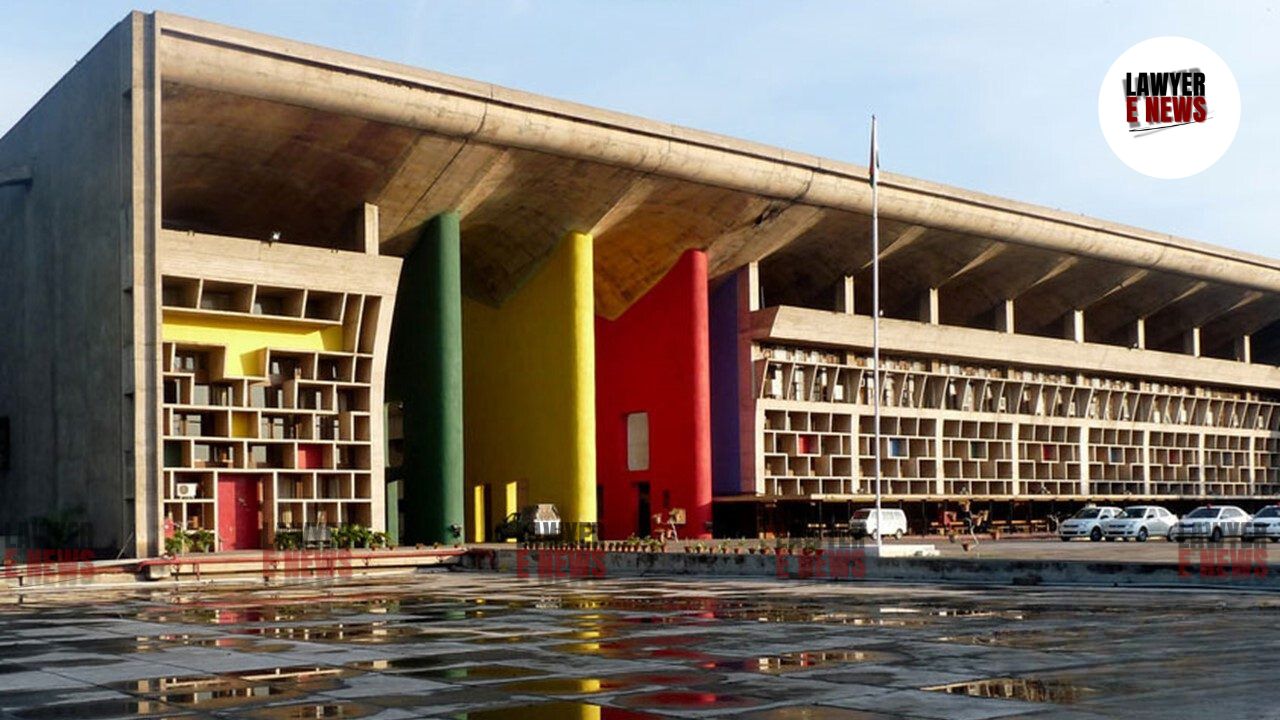-
by sayum
14 February 2026 2:22 PM



Punjab & Haryana High Court in Sultan Ahmed vs. State of Haryana & Ors. overturned the acquittal of the husband, Mehfuj Ali, in a dowry death case, while upholding the acquittal of the in-laws. The Court found that the prosecution had proven beyond a reasonable doubt that the deceased, Gulshan, was subjected to dowry harassment, resulting in her death due to poisoning within 3 ½ years of her marriage.
The case stems from the death of Gulshan, who was married to Mehfuj Ali in 1997. Gulshan died under suspicious circumstances on 6th June 2000, within 7 years of her marriage. The prosecution alleged that Gulshan was continuously harassed by her husband and in-laws for dowry, particularly for a Hero Honda motorcycle, gold bangles, and rings. The harassment escalated due to her inability to conceive a child, leading to her death by poisoning.
An FIR was registered under Section 304-B (dowry death) and 120-B IPC at Police Station Kunjpura, Karnal, Haryana. The trial court acquitted all nine accused, including Mehfuj Ali, citing insufficient evidence. The family of the deceased, represented by her brother Sultan Ahmed, filed an appeal against the acquittal.
The High Court evaluated whether the evidence on record sufficiently established the guilt of the accused under Section 304-B IPC. The Court reiterated the requirements for conviction under Section 304-B:
The death must occur under unnatural circumstances.
The death must happen within seven years of marriage.
The woman must have been subjected to harassment or cruelty for dowry.
Such harassment should have occurred soon before the death.
The Court found that Gulshan’s death was proven to be unnatural, caused by consumption of poison, with evidence of harassment for dowry soon before her death. The testimony of witnesses, including her brother (PW6) and maternal grandfather (PW7), consistently highlighted demands for a motorcycle and gold rings, along with harassment for her inability to conceive.
The High Court reversed the acquittal of Mehfuj Ali, holding that the prosecution successfully established his role in harassing Gulshan for dowry, leading to her death by poisoning. The court cited:
"The statements of PW6 Sultan Ahmed, PW7 Abdul Gani, and PW8 Mafia established that there was a consistent demand for dowry and harassment meted out to the deceased".
However, the Court upheld the acquittal of the in-laws, noting that the evidence against them was insufficient to prove their involvement in the dowry harassment:
"Since Gulshan and her husband were staying separately, the charges under Section 120-B IPC regarding conspiracy did not hold against the in-laws".
The Punjab & Haryana High Court set aside the acquittal of Mehfuj Ali and convicted him for dowry death under Section 304-B IPC. The acquittal of the other in-laws was upheld due to lack of direct evidence connecting them to the dowry harassment. The Court directed the lower court to take Mehfuj Ali into custody and proceed with sentencing.
Date of Decision: 18th September 2024
Sultan Ahmed vs. State of Haryana & Ors..
